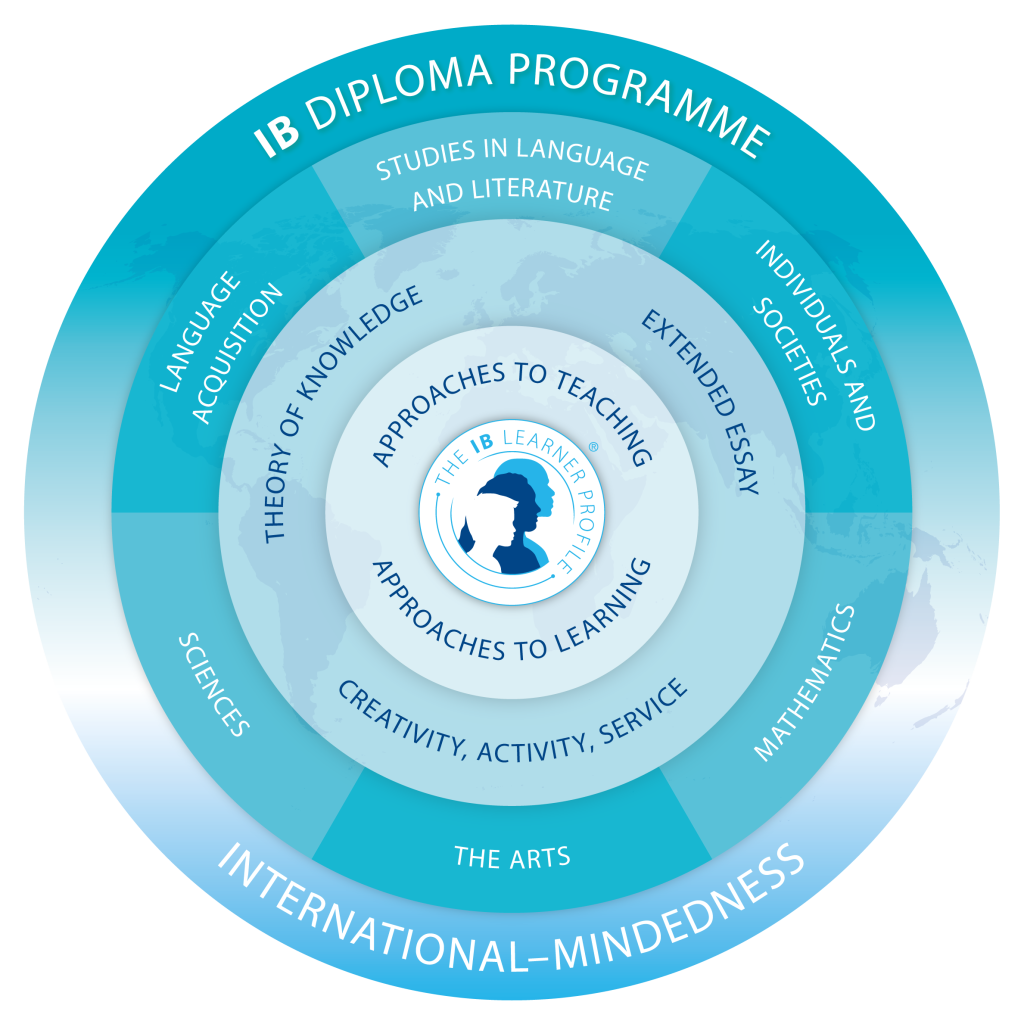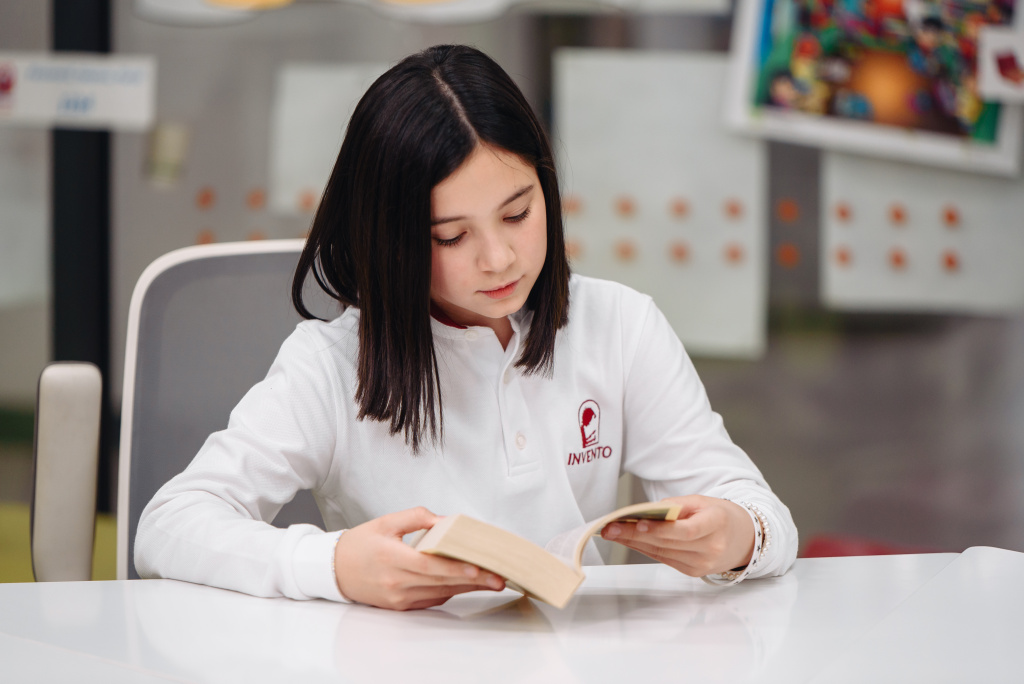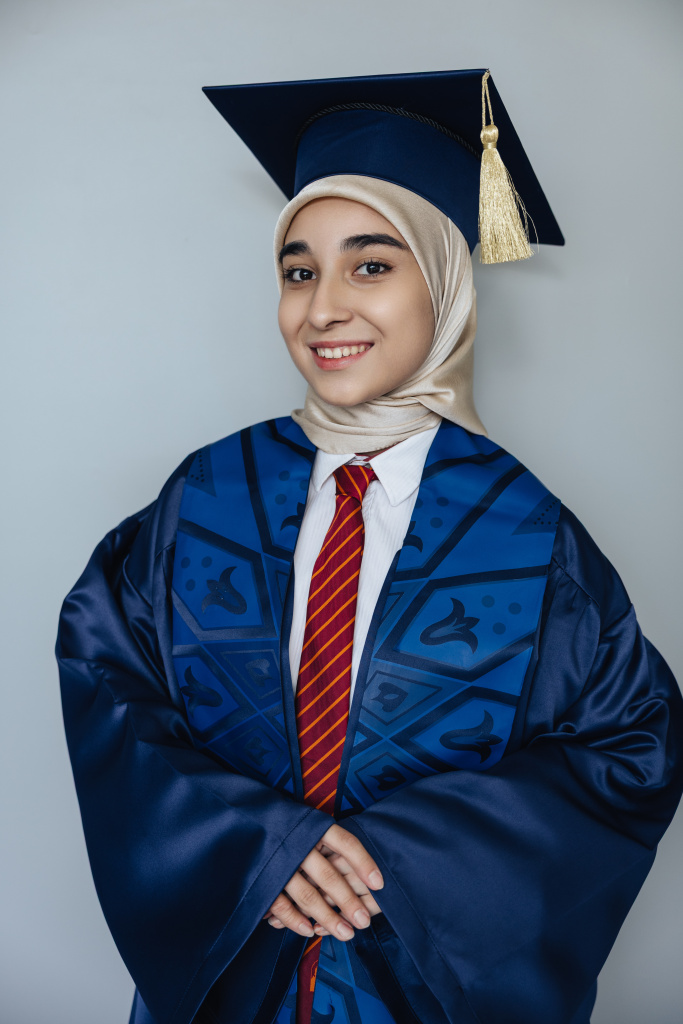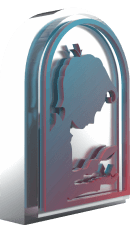Diploma Programme (DP)

IB Diploma Programme (DP) is a two-year course for upper-secondary students that prepares them for admission to—and successful study at—the world’s leading universities.
 (1) (1).png)
At Invento, the Diploma Programme is delivered in Grades 11–12 (ages 16–18) and meets all IB standards. Students study subjects at an advanced level and develop critical thinking, research, academic writing, and self-management skills. The programme builds independence, responsibility, and effective learning — qualities essential for success at university and in life.
Diploma Programme curriculum
In upper school, learning takes place in a more academic and research-oriented environment. Students study subjects within chosen profiles and gain the skills needed for university entry and future careers: justifying their position, planning time effectively, working with information, and presenting confidently.
At Invento, we provide individual guidance for every student, adjust the workload to their goals and interests, offer career counselling, help with university choice, and support the admissions process while preparing for International Baccalaureate exams.
On completing the DP, students receive not only the National Certificate but also the international IB Diploma — one of the most respected qualifications in the world. It opens access to universities in the USA, Canada, the United Kingdom, Europe, and Asia and can grant academic credit or admission without entrance exams.
Learn more about IB recognition worldwide: www.ibo.org/university-admission
 (2).jpg)

The programme includes six subjects selected from different subject groups. Students take three subjects at Higher Level and three at Standard Level. They also complete three compulsory elements of the IB core:
- Theory of Knowledge (TOK).
A course where students consider how we acquire knowledge, what we can rely on in the search for truth, and how different areas of knowledge interact.
Sample topic: “Can emotions be trusted as a source of knowledge?” - Extended Essay (EE).
An independent academic paper of up to 4,000 words.
Sample topics:- The impact of social media on adolescents’ attention
- The ethics of using AI in medicine
- Creativity, Activity, Service (CAS).
Projects aimed at personal development beyond the curriculum.
Example: an Invento student launched a paper-recycling initiative and led sessions on recycling for junior classes.
Learn more about Diploma Programme subject groups on the official IBO website: www.ibo.org.
Why study the DP at Invento?
DP students:
- Deepen academic knowledge and learn to work with scholarly information
- Gain experience in writing research papers and public speaking
- Develop critical thinking and argumentation skills
- Master the principles of academic integrity and self-management
- Build a strong portfolio and enter international universities successfully


Career counseling and enrollment guidance
At Invento, we focus not only on the quality of education but also on each student’s future. Starting from the upper years of the MYP, a systematic career-guidance process is in place, with active involvement from parents and students.
Our goal is to help families plan the academic pathway in advance, choose optimal subjects for the DP, and build a strong foundation for university entry.
To do this, we invite an experienced career counsellor who conducts individual and family consultations. During the process:
- students explore their interests, strengths, and career ambitions
- parents gain a clear view of possible academic and professional directions
- a well-reasoned joint decision is made on DP subject selection
- a strategic plan for university preparation is developed
- early preparation begins: language exams, portfolio, and document work
This approach reduces anxiety, strengthens confidence in the choice, and helps families build a pathway in advance that matches the child’s ambitions and potential.
Within the DP we teach not only academic subjects but also Approaches to Learning (ATL) — a set of universal skills that help students learn effectively, organise themselves, collaborate with others, and apply knowledge in real life.
Thinking skills (Thinking Skills)
Students analyse complex texts, compare sources, draw reasoned conclusions, and evaluate alternative viewpoints.
Example: in Psychology, students examine different theories of behaviour and compare them with recent research findings.
Communication skills (Communication Skills)
Students practise argumentative writing (essays, reports), public speaking, and discussions on academic and social topics.
Example: in TOK, students debate the reliability of information across different areas of knowledge — art, science, ethics, and more.
Research skills (Research Skills)
Students conduct academic research, compile bibliographies, cite sources correctly, and assess information reliability.
Example: when writing an Extended Essay in Economics, a student analyses local market data and uses academic articles for argumentation.
Self-management skills (Self-management Skills)
The programme teaches time management, setting priorities, following schedules, and regularly evaluating personal progress.
Example: students maintain work plans for CAS and the Extended Essay with ongoing reflection and supervisor feedback.
Social skills (Social Skills)
Students develop leadership, teamwork, and collaborative relationships with others.
Example: within a CAS project, a student team runs a campaign to raise environmental awareness among younger pupils.
ATL in action
Approaches to Learning (ATL) are integrated across all DP subjects, helping students conduct meaningful research, argue their position, and demonstrate academic integrity in practice.
